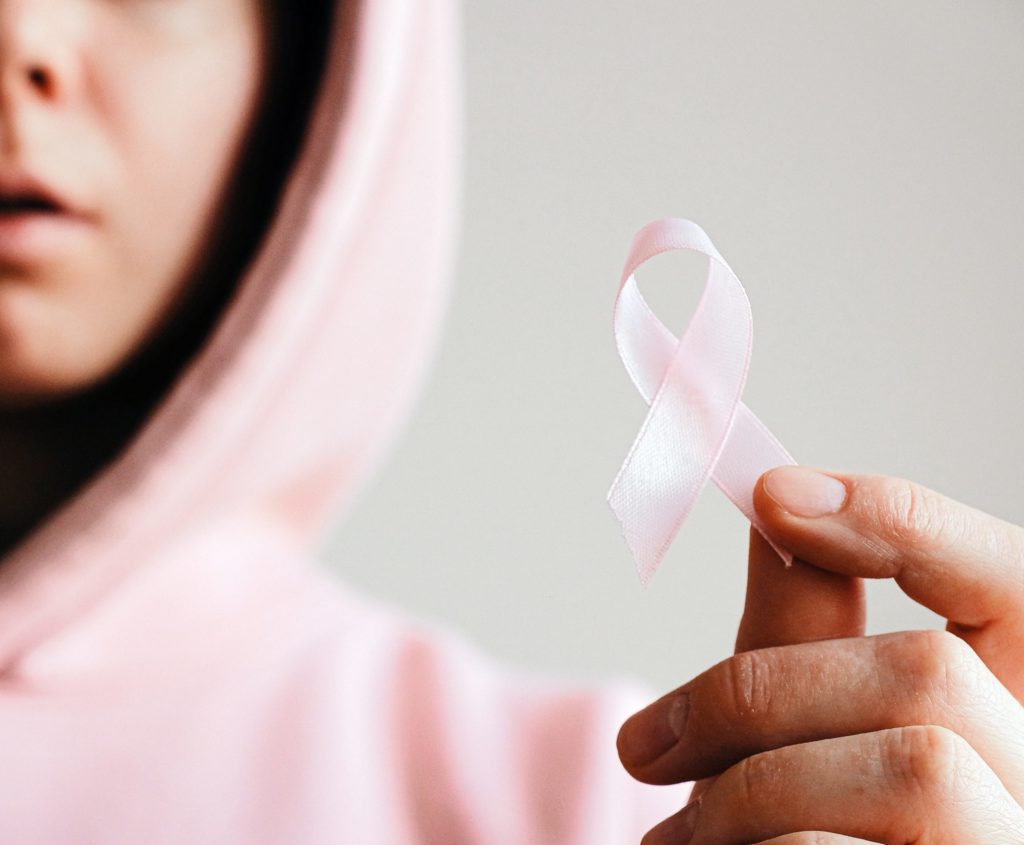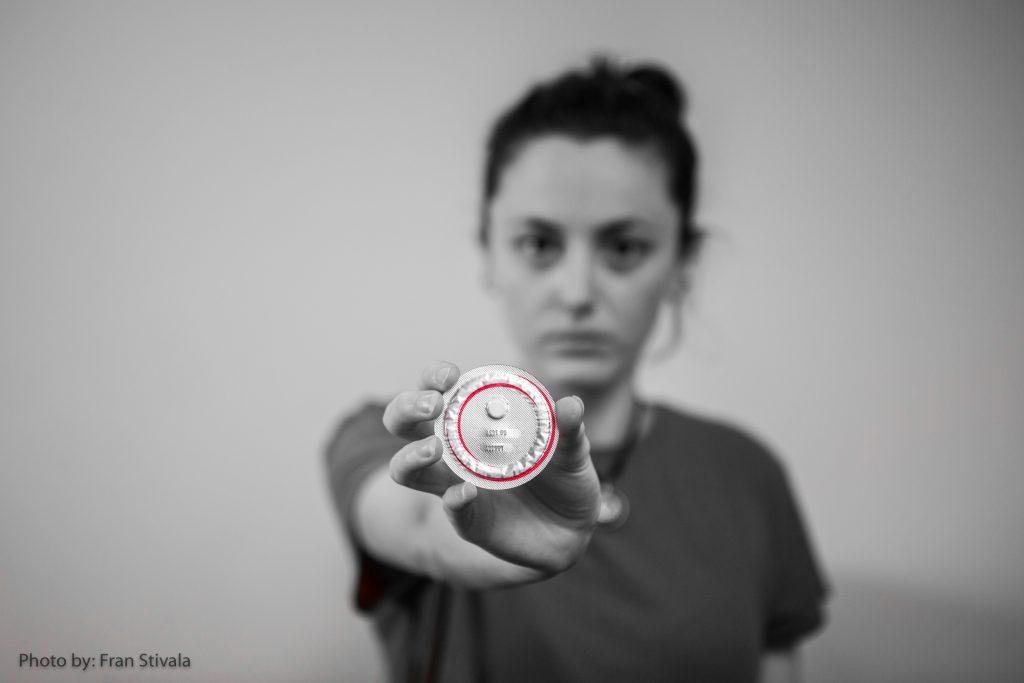
World Contraception Day is celebrated every year on the 26th of September.
World Contraception Day aims to create awareness on all available contraception methods, so that people can make healthy informed decisions related to their own sexual and reproductive health.
The annual World Contraception Day campaign was initially launched in 2007, and was created around the vision where every pregnancy is wanted. The concept of family planning along with access to preferred contraceptive methods is essential for women’s well-being and body autonomy. It also supports prosperous community development, and helps in reducing poverty.
Contraception Has Increased Opportunities For Women
Financial Opportunities: A third of wage gains within the past decades can be attributed to oral contraceptives access. While some women today are still subjected to lesser pay, contraception has still contributed to narrowing the existing men-women wage gap (Bailey et al., 2012 as cited by Sonfield et al., 2013).
Educational Opportunities: Research shows that access to oral contraceptives by women before the age of 21 results in women furthering their studies, whilst a reduction of 35% dropout from education rate among women with access to oral contraceptives was also found (Hock, 2007 as cited by Sonfield et al., 2013). A 20% increase in college enrollment among women with easier access to oral contraceptives was noted, when compared to women without access (Bailey et al., 2012 as cited by Sonfield et al., 2013). Additionally, women’s ability to legally access the pill even before reaching 21 years of age contributed to a 2.3% increase in female college graduates, with young women being able to both have children as well as follow further education opportunities (Ananat and Daniel, 2012 as cited by Sonfield et al., 2013). Finally, an increase of 30% in the proportion of women in Advanced Professional Degrees between the years 1970 and 1990 may also be attributed to accessibility of birth control (Goldin and Lawrence, 2002 as cited by Sonfield et al., 2013).
Less Teenage Pregnancies: According to the National Statistics Office as cited by SexualHealth.gov.mt, 32 babies were born to girls aged 16 and under in Malta in 2011. In 2004, 187 babies were born to mothers aged 16 to 19. In the USA, an analysis of National Survey of Family Growth (NSFG), the major source of government data on population and reproductive health, found that contraception contributes to 86 percent of the recent decline in teenage pregnancy (Santelli et al., 2007). These numbers indicate the importance of implementing strategies to promote further information in the use of contraceptives in Malta.
Reduction in Unplanned Pregnancies: In the USA, family planning services have been helping women prevent 2.2 million unintended pregnancies each year. Without these family planning services, the numbers of unintended pregnancies and abortions would be nearly two-thirds higher than they currently are (Frost et al., 2013).
Cancer Prevention: The use of oral contraceptives has consistently shown a reduced risk of ovarian and endometrial cancers (NCI, 2012).
For more information about all currently available contraception methods in Malta check out a very detailed article written specifically for Wham by Specialist Gynaecologist Dr Michele Montanaro-Gauci MD. MSc. FRCOG at https://wham.com.mt/2020/06/30/contraception-available-in-malta/
You may also find more information with regards to contraception at https://sexualhealth.gov.mt/content/contraception by The Health Promotion and Disease Prevention Directorate or follow their Facebook Page Sexual Health Malta.
References:
Frost, Jennifer J., et al. (2013). Contraceptive Needs and Services, 2010. New York: Guttmacher Institute.
NCI — National Cancer Institute. (2012). Oral Contraceptives and Cancer Risk. Accessed at http://www.cancer.gov/cancertopics/factsheet/Risk/oral-contraceptives
Santelli, John S., et al. (2007). “Explaining Recent Declines in Adolescent Pregnancy in the United States: The Contribution of Abstinence and Improved Contraceptive Use.” American Journal of Public Health, 97(1) , 150 – 156.
Sexual Health. Teenage Pregnancy. Accessed on 25th September 2020 at https://sexualhealth.gov.mt/content/young-people/teenage-pregnancy
Sonfield, Adam, Hasstedt, Kinsey, Kavanaugh, Megan L, & Anderson, Ragnar. (2013). The Social and Economic Benefits of Women’s Ability To Determine Whether and When to Have Children. Policy File, Policy File, 2013-03-01.
Claire Galea is a mum of three currently reading for a Degree in Nursing at the Faculty of Health Sciences, University of Malta, as a mature student. She is keen about holistic patient-centered care as well as public education about health-related subjects, which she frequently writes about on Wham as a Content Writer and Website Editor.
Claire is also passionate about spreading awareness on the negative effects that domestic abuse leaves on its victims’ mental, emotional, social and physical wellbeing. She is the author of two downloadable ebooks, namely Heal Your Life Forever and 5 Simple Steps To Creating The Life Of Your Dreams.
Click here to check out Claire’s full bio as well as a list of all her Wham published articles





